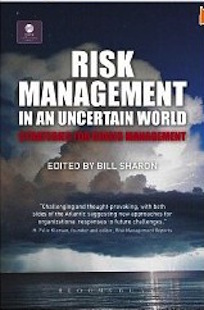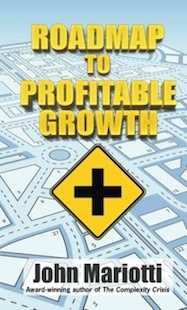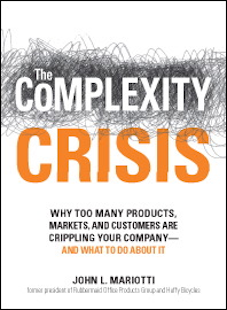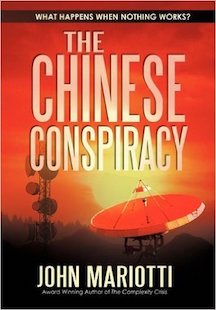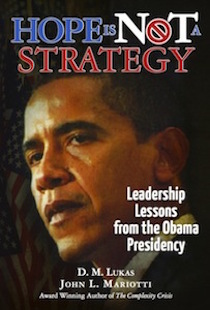Investors Business Daily
Cord Cooper
Fri Dec 14, 2007, 5:52 PM ET
Outsourcing and expanding markets have vaulted profit and sales for many companies. Yet for other firms, they've eaten away at profit due to exploding expenses -- the costs of doing business worldwide.
The biggest problem?
Many costs are needless, says exec John Mariotti, author of the forthcoming book "The Complexity Crisis."
To simplify and cut costs:
Plan it. When some companies first outsource, they don't reduce costs at domestic plants.
"The overhead cost of the facility and its staff seldom goes down as fast as the volume of work," Mariotti said.
As long as budgets support domestic plants, the money is used. "The remaining work (in the U.S.) becomes more costly as that overhead is spread over a lower volume."
Result? Some of the benefits of outsourcing are lost.
Grab the tape. "What gets measured gets managed," said Mariotti, head of the Enterprise Group consultancy and former president of Rubbermaid Office Products Group. By measuring across all units, "managers (can) understand the likely consequences of their decisions before they take action."
They then have a choice: Proceed with the decision or choose a simpler, less costly path.
Measurements should range from sales per customer to revenue per worker.
Such metrics reveal high-cost hot spots worldwide.
Untangle. In foreign markets as at home, simplicity is often the key to strong sales and profit.
If systems get too complicated -- sapped by redundancy -- the top line may be up, but the bottom line is gone, Mariotti notes.
Once you're saddled with too much of everything -- suppliers, products, subcontractors, employees -- your business "can become very troubled very fast," he said.
Trim it. Some firms compulsively "create new products, processes, facilities and systems, but no one's designated to kill off the old, obsolete or unproductive ones," said Mariotti.
Another problem? Unprofitable clients. "Customers that cost more to keep than to lose (are encouraged) to hang around. No one wants to fire them."
Yet that's exactly what should be done, he says.
Think long term. Mergers and acquisitions often fail because of needless complexity.
"There's a short-term benefit as (certain) redundancies are eliminated," but then other complexities arise, said Mariotti.
Workers from the merged firms -- including redundant salespeople -- engage in turf wars.
Battles over process and strategy lead to more complexity, not needed simplification, says leadership strategist Clay Christensen.
Simplify sales. Redundant sales staffs aren't problems only in merged firms.
Global firms across the board deal with them.
The best companies streamline.
Case in point? Procter & Gamble (NYSE:PG - News). "Each division, brand or business unit wanted its products presented in the best possible way, with strong personal relationships and an effective support system," Mariotti recalled. "The answer was to form selling teams that share support services and office facilities."
